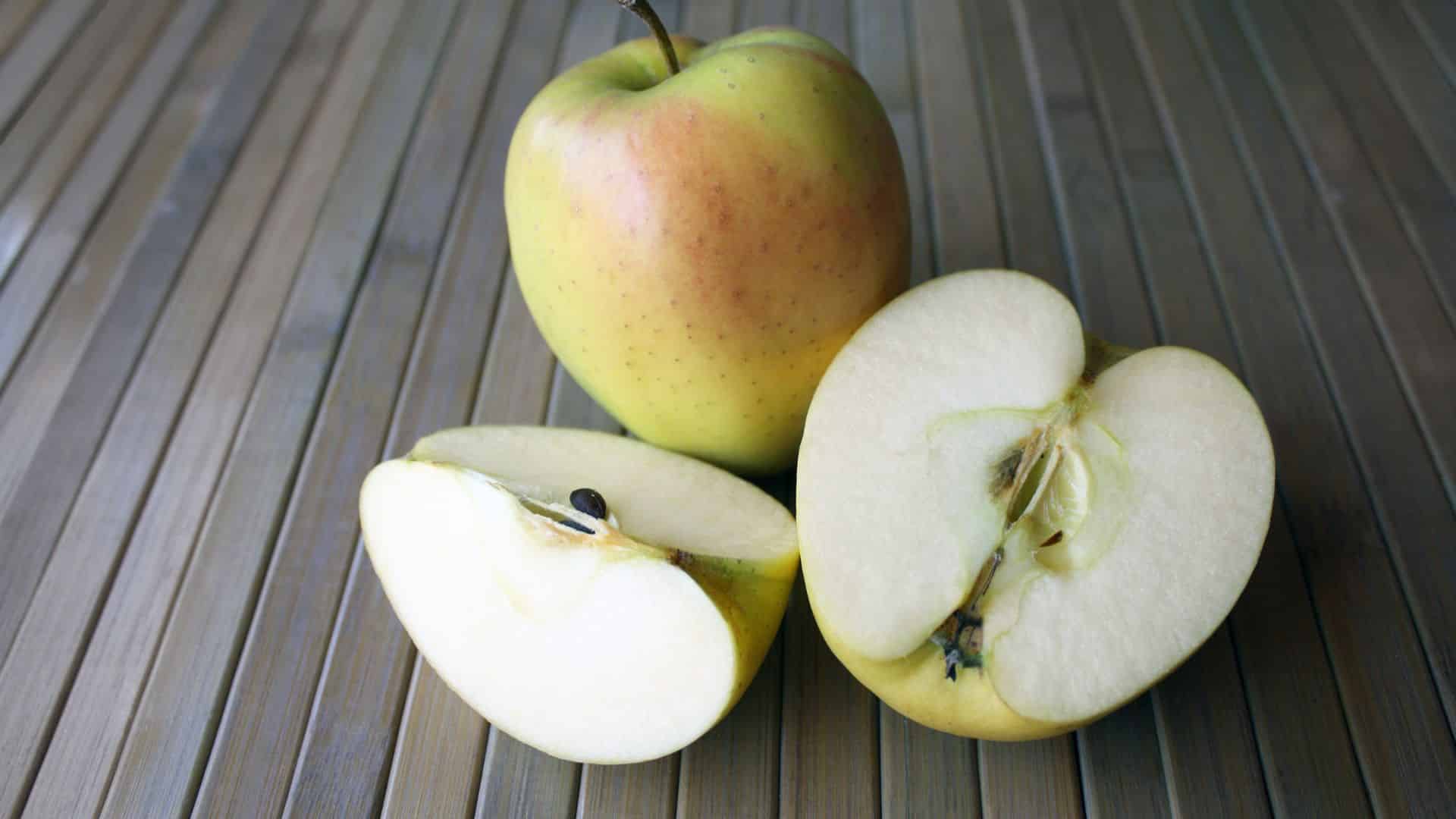Can Apples Really Lower Cholesterol?

Wouldn’t it be wonderful to pick fresh apples from grandma’s garden every day and enjoy their crunchy taste? The saying “An apple a day keeps the doctor away” has long been a symbol of healthy eating. But how much truth is there in this saying, especially regarding cholesterol levels? Let’s explore if eating apples can really help lower cholesterol and improve heart health.
The Nature of Cholesterol
Cholesterol is a fatty substance found in the blood, necessary for building healthy cells. However, high cholesterol levels can increase the risk of heart disease. There are two main types of cholesterol, LDL and HDL.
Low-Density Lipoprotein (LDL)
Known as “bad” cholesterol because high levels can lead to the buildup of fatty deposits in the arteries.
High-Density Lipoprotein (HDL)
Known as “good” cholesterol because it helps remove LDL cholesterol from the arteries.
Nutritional Values and Benefits of Apples
Apples are full of heart-healthy nutrients like pectin, vitamins, and antioxidants.
Soluble Fiber (Pectin)
Helps reduce LDL cholesterol by binding it in the digestive system and removing it from the body.
Vitamins and Antioxidants
Apples contain vitamins C and K and antioxidants like quercetin, which help reduce inflammation and oxidative stress.
Two Apples a Day Reduce Cholesterol Levels: Research Findings
In a recent study, “Two apples a day lower serum cholesterol and improve cardiometabolic biomarkers in adults with mildly elevated cholesterol levels: a randomized, controlled, crossover trial,” volunteers with mildly elevated cholesterol levels (23 women and 17 men) ate two apples a day for eight weeks. The results showed significant changes in cholesterol levels:
- Total Cholesterol: Decreased from 6.11 mmol/L to 5.89 mmol/L.
- LDL Cholesterol: Decreased from 3.86 mmol/L to 3.72 mmol/L.
- Triacylglycerols: Decreased from 1.30 mmol/L to 1.17 mmol/L.
These results suggest that eating apples can positively affect cholesterol levels and microvascular health. However, no significant changes were observed in blood pressure or other cardiovascular disease markers.
How to Add Apples to Your Diet
Here are some practical tips for adding apples to your diet:
- Eat them fresh: Enjoy apples as a quick snack.
- Add to salads: Combine apples with leafy greens, nuts, and a light vinaigrette.
- Bake or stew: Make apple-based desserts with minimal added sugar.
- Smoothies: Blend apples with other fruits and vegetables for a nutritious drink.
Nutritional Facts About Apples
Apples are rich in quercetin and pectin.
Quercetin
A flavonoid with antioxidant and anti-inflammatory properties, which helps reduce inflammation and oxidative stress in the body.
Pectin
A type of soluble fiber that helps prevent constipation, reduces LDL cholesterol, and promotes the production of short-chain fatty acids by gut bacteria. These fatty acids can help prevent chronic diseases, including certain cancers and bowel diseases.
What is the nutritional value of one apple?
One medium apple (about 182 grams) contains:
- Calories: 95 kcal
- Carbohydrates: 25 grams
- Sugars: 19 grams
- Fiber: 4 grams
- Vitamin C: 14% of the daily recommended amount
- Vitamin K: 5% of the daily recommended amount
Conclusion
Although eating two to three medium-sized apples a day is necessary to see a slight improvement in cholesterol levels, apples remain a valuable addition to a cholesterol-lowering diet. They are rich in healthy nutrients, including fiber and polyphenols, and low in fat. To get all the healthy nutrients, it’s best to eat the whole apple, including the peel. Therefore, prefer apples from your home garden that have not been sprayed with preservatives.
Frequently Asked Questions
Can apples replace cholesterol-lowering medications?
While apples can help reduce cholesterol, they should not replace prescribed medications.
How many apples should I eat per day to see benefits?
Studies suggest that eating two to three apples a day can be beneficial. However, for overall health, it’s important to include a variety of fruits and vegetables in your diet.
Are there any side effects to eating too many apples?
Moderate apple consumption is safe for most people. However, excessive consumption can cause digestive issues due to their high fiber content.
What other fruits help lower cholesterol?
Other fruits that help lower cholesterol include berries, oranges, grapefruits, and pears. These are also rich in fiber and antioxidants.
Reference: https://www.ncbi.nlm.nih.gov/pmc/articles/PMC6997084/
Maintain your cholesterol at a good level with Aterolip Complex Caps dietary supplement!
Do you know how to keep your cholesterol levels under control and support cardiovascular health?
AteroLip® Complex Caps is an innovative dietary supplement specifically designed to maintain cholesterol levels and support overall health.
AteroLip® Complex Caps contains turmeric root extract, which helps maintain normal blood cholesterol levels, supports cardiovascular function, and helps maintain liver health. Choline contributes to normal lipid and homocysteine metabolism. Vitamin B12 supports the normal formation of red blood cells and normal homocysteine metabolism. Niacin and vitamin B12 support normal energy metabolism. Olive leaf extract contains 20% hydroxytyrosol (polyphenol). Our product is GMO-free – it does not contain genetically modified organisms.










